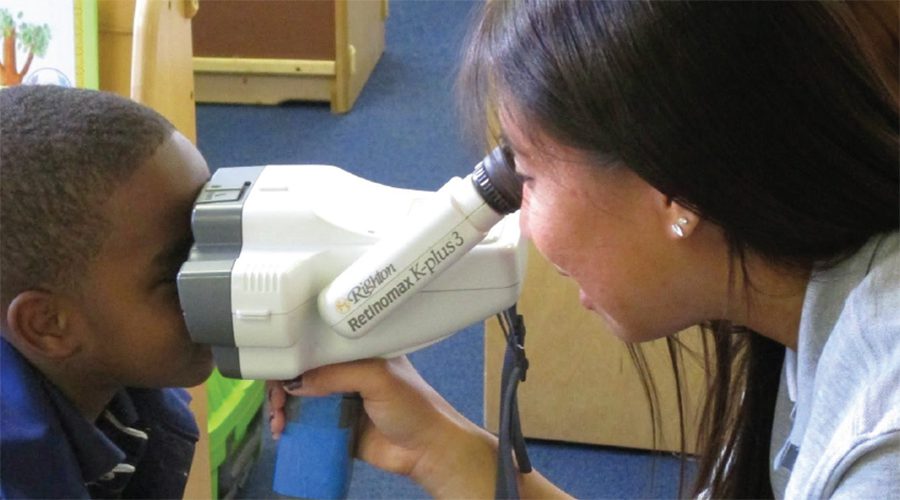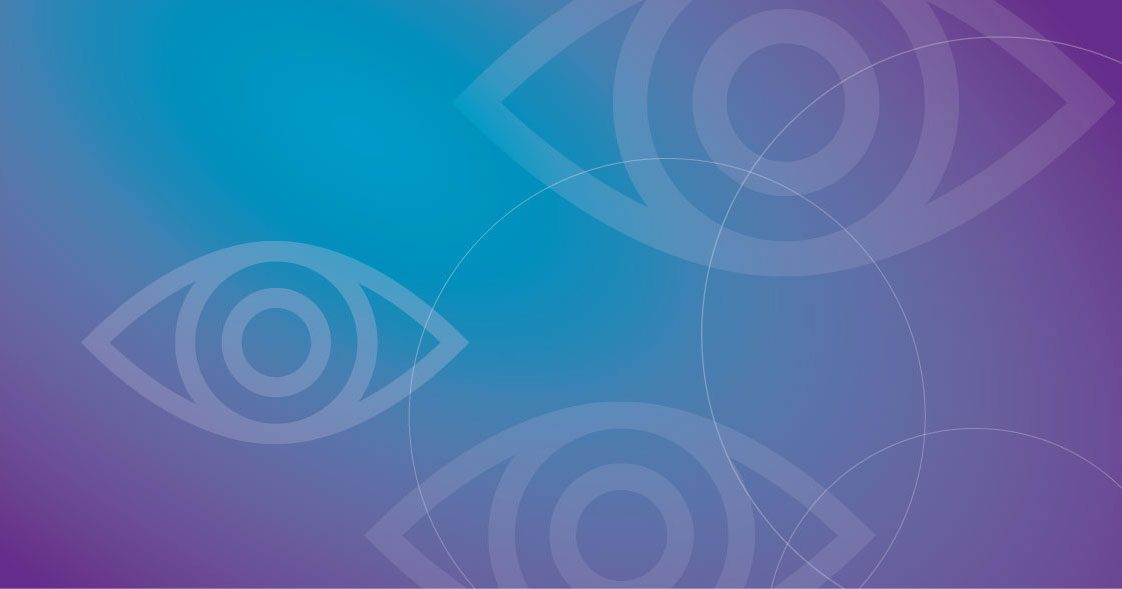In casual conversation, it’s common for people to use “eye exam” and “vision screening” as interchangeable terms, but they are not. Each has a different role to play in eye and vision care of children and adults, and in public health policy and initiatives. This page will help you understand the different role of vision screenings and professional eye examinations.

- Parent Caregiver Resources
- Facts About Children’s Vision
- When a Child Does Not Pass a Vision Screening
- Your Child’s Sight
- Children’s Vision Digital Screen Tips and Resources
- Your Baby’s Developing Sight
- Your Child’s Glasses
- Wearing Contact Lenses
- Signs of Possible Eye Problems in Children
- Common Children’s Vision Problems
- Protect Your Child from Eye Injuries
- Home and Toy Eye Safety for Children
- Safe Toy Checklist
- Eye Safety for Your Child Athlete
- Protecting Your Child’s Eyes from the Sun
- First Aid for Eye Emergencies
- Fireworks Safety
- Taking Your Child to the Eye Doctor
- The ACA and Your Child’s Eye Care
- Vision Care Financial Assistance
- Understanding Vision Screenings and Eye Exams
- Fact Sheets to download and print
- Children With Special Health Care Needs
- Resources for Professionals and Programs
- Vision Care Assistance
- Children’s Vision Screening Training and Certification
- Children’s Vision Facts/Downloadable Resources
- National Center for Children’s Vision and Eye Health

Parent Caregiver Resources
Your Child's Sight
